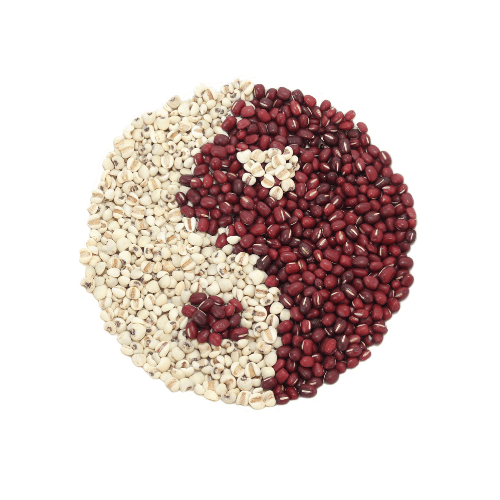Balance Your Qi with Food
By Leslie Radford
You’ve probably never heard the term “qi” (pronounced “chee”) before unless you’ve tried acupuncture or have seen a doctor who practices Traditional Chinese Medicine (TCM). In Chinese philosophy, qi is a vital energy force that guides someone’s mental and physical processes and can be balanced with food, sleep, and exercise.
Find out how to know if you’re deficient in it and how to regulate it below.
What is Qi
Qi can be described as the body’s ability to regulate its internal environment to create good health. In Indian culture, it’s called prana. In Greek culture, it’s called pneuma.

If you have balanced qi, may have good endurance, digestion, and immunity, as well as a clear state of mind.
Too little qi, and you might feel fatigued, have difficulty digesting food, have no appetite, and catch colds easily, have allergies, anemia, and depression.
People with excess qi might appear irritable, stressed, or tense.
Balance Your Diet
By balancing your diet, you can help balance your qi. Most of the body’s qi comes from food. Nourishing your body with healthy foods that heal and promote good digestive health is crucial.
When balancing your qi, you’ll want to avoid cold foods, raw foods, fried foods, dairy products, and junk food. You should cook food through steaming, grilling and roasting. foods like chicken, ginger, whole grains, bamboo, and mushrooms.

Include Qi Building Foods
For some people, just eating three regular meals is enough to build qi.
Here’s a list of foods that specifically nurture qi:
- All meats in general, but especially chicken, eel, goose, herring, and ham
- All lentils and legumes
- All grains, especially oats, quinoa, and rice
- Cherries
- Coconut
- Dates
- Figs
- Goji berry
- Grain beverages (coffee substitutes)
- Grapes
- Longan berry
- Mushrooms
- Royal jelly
- Root vegetables
- Pumpkin and squash
- Adaptogen herbs
- Marrow broth
- Miso soup


